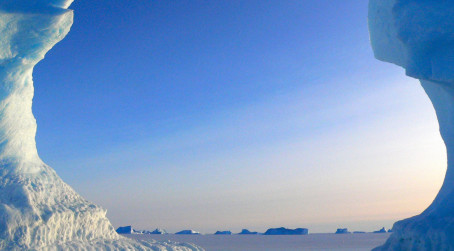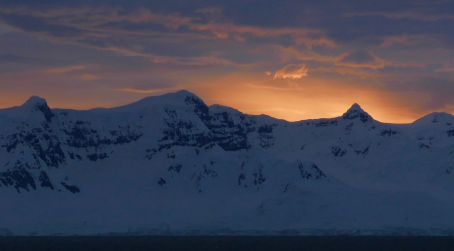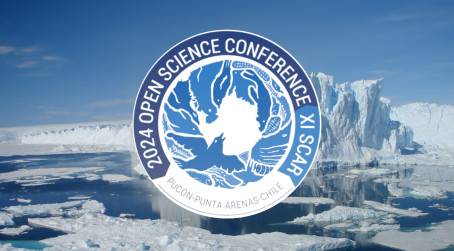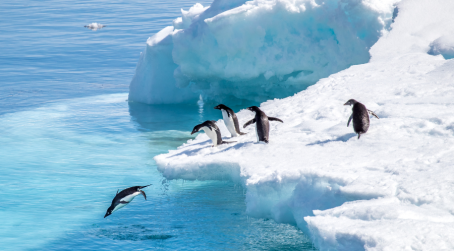The AGATA PPG aims to significantly advance the current knowledge of the Antarctic atmosphere and geospace, also in the bi-polar, interhemispheric context. AGATA will contribute to answering the outstanding scientific questions within atmospheric and space physics:
- How are different atmospheric layers coupled in the polar regions?
- How does the upper polar atmosphere respond to increased geomagnetic activity, including energy transfer from space into the ionosphere?
- How can we improve the understanding of the Antarctic atmosphere by radio signals from the GNSS or other satellites, and from ground-based radars?
These questions will be addressed with a multi-disciplinary and multi-instruments approach, and by bringing together communities that investigate the polar atmosphere and geospace. AGATA will take advantage of existing and planned instrumentation in Antarctica, but also in the Arctic and satellite-based observations, and it will aim for coordinated research efforts and data exchange. While the understanding of physics of the neutral and ionized atmosphere has been significantly improved using both ground-based and space-based radio soundings, the questions that remain open need to be addressed with a synergistic approach. This requires active involvement of various research groups in the field.
AGATA will pursue three main scientific objectives:
- To monitor and investigate the polar atmosphere, in order to better understand the governing physical processes including the coupling between different atmospheric layers and to the magnetosphere;
- To contribute to the understanding of the Sun-Earth interactions and the energy transfer into the upper polar atmosphere (i.e., ionosphere) through these interactions;
- To support the sciences interested in removing or mitigating the atmospheric contribution negatively affecting their observations and provide information on disturbances in received radio signals due to ionospheric structuring.
These objectives address the following open questions identified by the 1st SCAR Antarctic and Southern Ocean Science Horizon Scan:
- Open Question #71: “What are the differences in the inter-hemispheric conjugacy between the ionosphere and that in the lower, middle and upper atmospheres, and what causes those differences?”
- Open Question #72: “How does space weather influence the polar ionosphere and what are the wider implications for the global atmosphere?”.
- Open Question #73: “How do the generation, propagation, variability and climatology of atmospheric waves affect atmospheric processes over Antarctica and the Southern Ocean?”.
To achieve these aims, AGATA will:
- Invite scientists working on the study of the atmosphere, the plasmasphere and the geospace at polar latitudes to join the programme. Special attention will be extended to scientists coming from countries that currently have low or nonexistent activity in SCAR;
- Encourage the interaction between different scientific communities, e.g., between astronomers, geodesists and atmospheric scientists to share needs, strategies,
- competencies and data;
- Coordinate common actions to identify best practices to maximize the exchange of data, information, models, algorithms and other resources among the represented communities;
- Facilitate the mobility and the sharing of students and early-career scientists by offering them a stimulating multidisciplinary environment in which to train;
- Stimulate joint initiatives aimed at setting up international collaborative projects;
- Propose activities for capacity building, outreach, training and dissemination activities of information about Antarctic Science.







